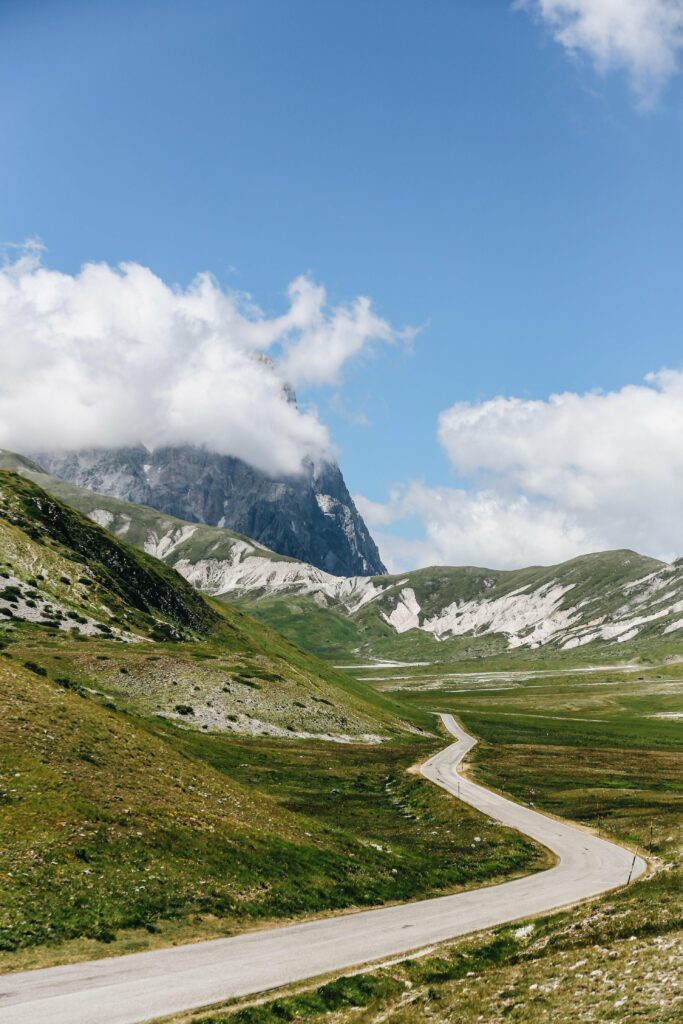Upon completing two weeks of intense discussion and deliberation within my PBL group and upon reading the blogpost of other participants on open learning from a sharing and openness perspective, I decided to self-evaluate how my teaching practices contributed to open education. I asked myself three fundamental questions;
1) What is openness?
2) What constitutes openness?
3) What are the limits of openness?
I realised openness transcends the limited interpretation of sharing education resources but equally encompasses; open teaching, open learning, open scholarship, open data, open assessment, open pedagogy, and open source (Pulker and Kukulska-Hulme 2020). Therefore, openness is a rather very broad concept from a pedagogical perspective. Before proceeding into my reflection, I should underscore that before enrolling for this course and before the outbreak of the Coronavirus pandemic, I mainly adopted the traditional in-person approach to teaching. However, with the outbreak of the pandemic, like other teachers, I was forced to engage in some form of open education by recording my lectures and having lectures on zoom. However, the discussions in my PBL group on this issue have so far provided me with enhanced incites on how to effectively engage in openly sharing my teaching material.
I plan to engage in open education by sharing educational resources. Supposedly, every teacher’s goal is to ensure that students understand the content of the educational material. In light of this, I realised a tone of easy-to-understand educational materials that students can use in my courses. Therefore, I plan to incorporate such materials into my courses as well as share some of my lectures and teaching practices on complex issues that students face. In these lectures that uncover a potentially suitable teaching practice, both my students and I collaboratively deal with these complexities. I believe these educational resources will be relevant to students facing these complexities. Also, teachers will benefit from knowledge on a potentially suitable teaching approach that deals with these complexities. It is worth mentioning that open sharing of teaching practices is often touted as an important tool to empowering teachers enabling them to benefit from the best ideas from other colleagues (Cape Town Open Education Declaration 2007). An important aspect I find relevant to my work is to reuse and adapt OER materials for my teaching activities. The reuse of such OER materials has the potential benefit of resulting in new open education practices (Pulker and Kukulska-Hulme 2020). I believe the potentials of such openness may result in more diverse and inclusive learning where students play an active role in their studies.
However, to effectively engage in these open educational practices, as Conole and Ehlers (2010) recommend, I would require a conducive environment to openness, support and empowerment from my institution in the form of conducive institutional policies that encourages innovative pedagogical methods, relevant for my own lifelong learning.
References
Cape Town Open Education Declaration. (2007). Cape Town open education declaration: Unlocking the promise of open educational resources. https://www.capetowndeclaration.org/read-the-declaration
Conole, G., & Ehlers, U-D. (2010).Open educational practices: Unleashing the power of OER [Paper presentation]. UNESCO Workshop on OER in Windhoek, Namibia. https://oerknowledgecloud.org/sites/oerknowledgecloud.org/files/OEP_Unleashing-the-power-of-OER.pdf
Pulker, H., & Kukulska-Hulme, A. (2020). Openness re-examined: teachers’ practices with open educa- tional resources in online language teaching. Distance Education, 41(2), 216–229.

